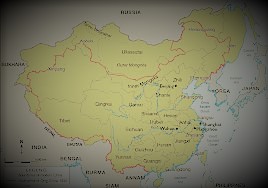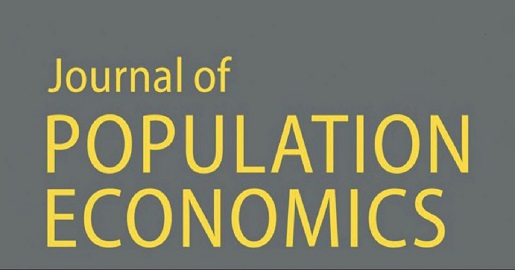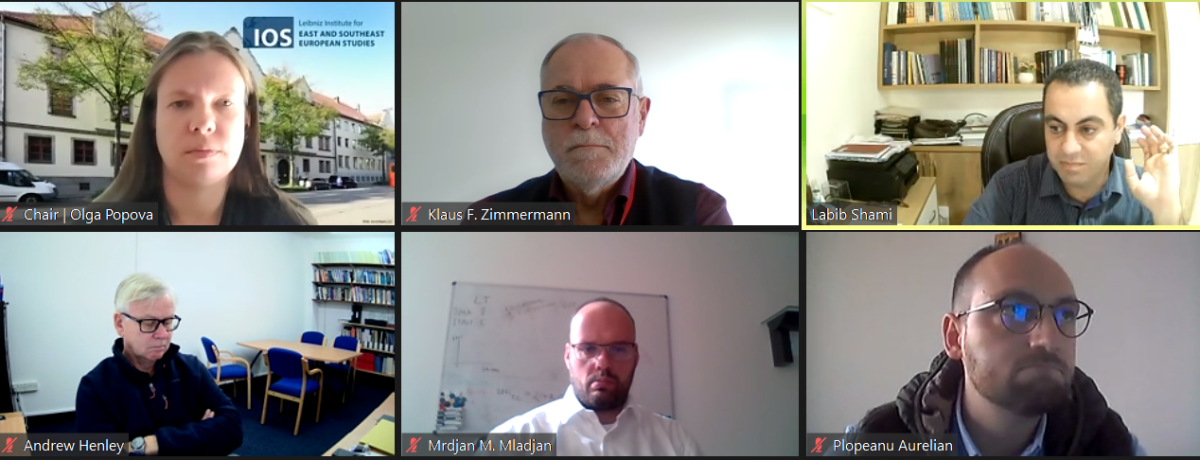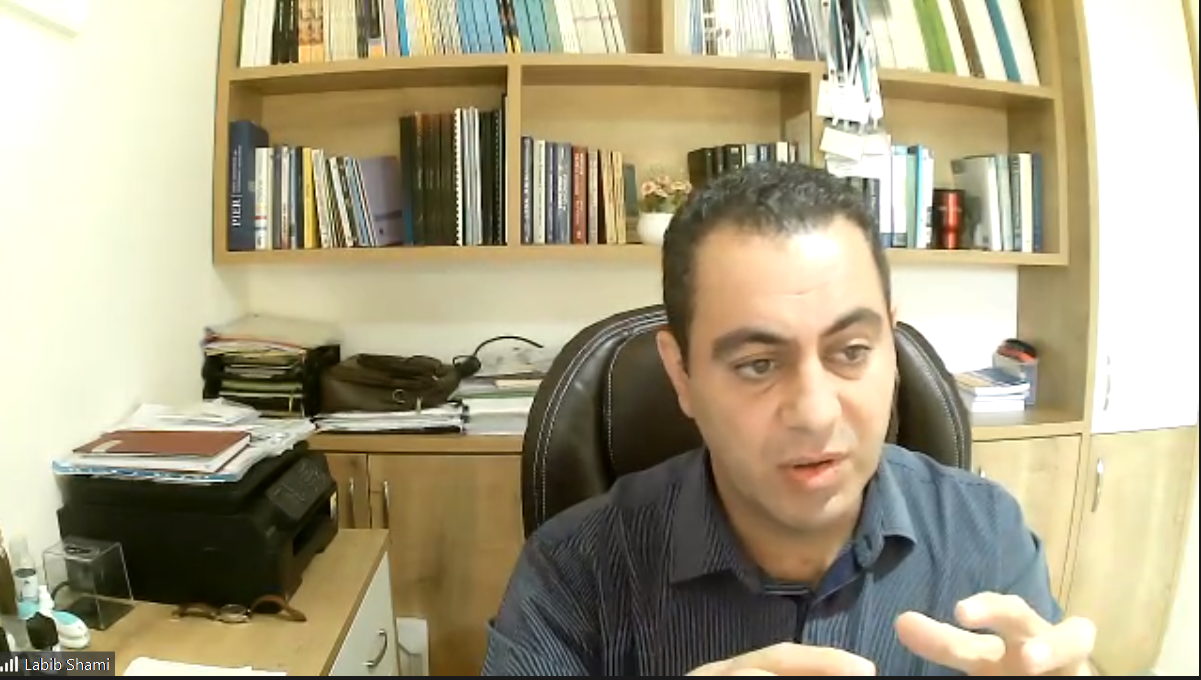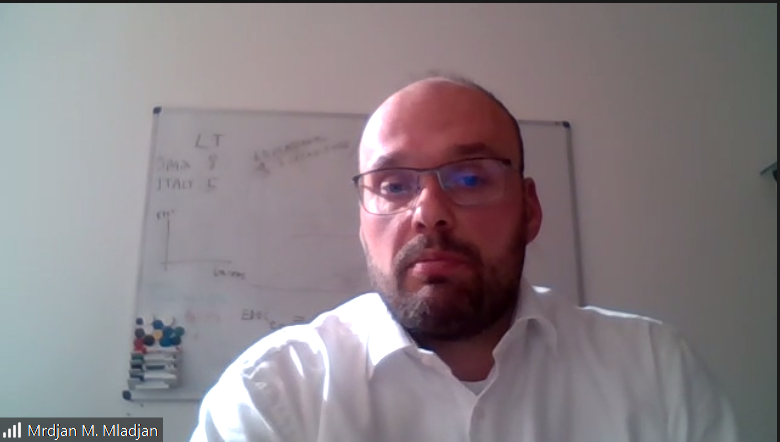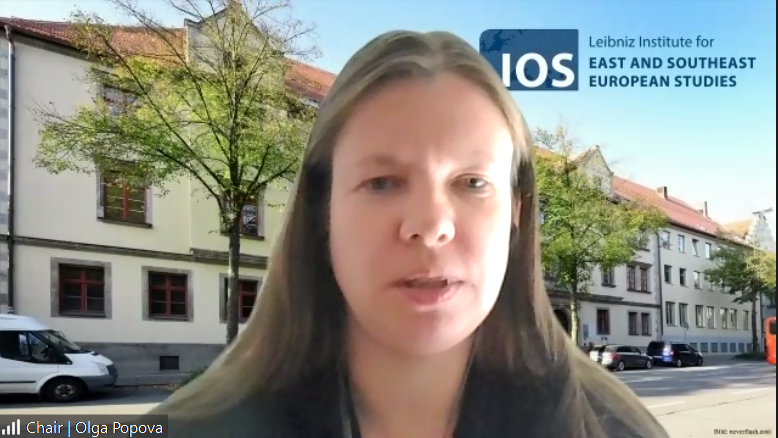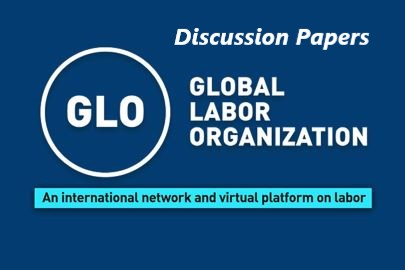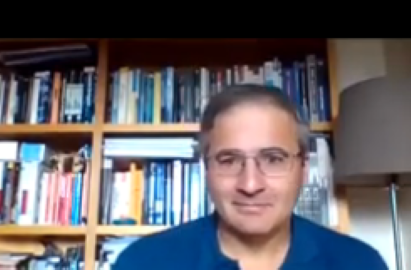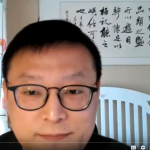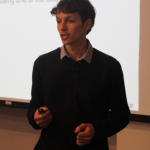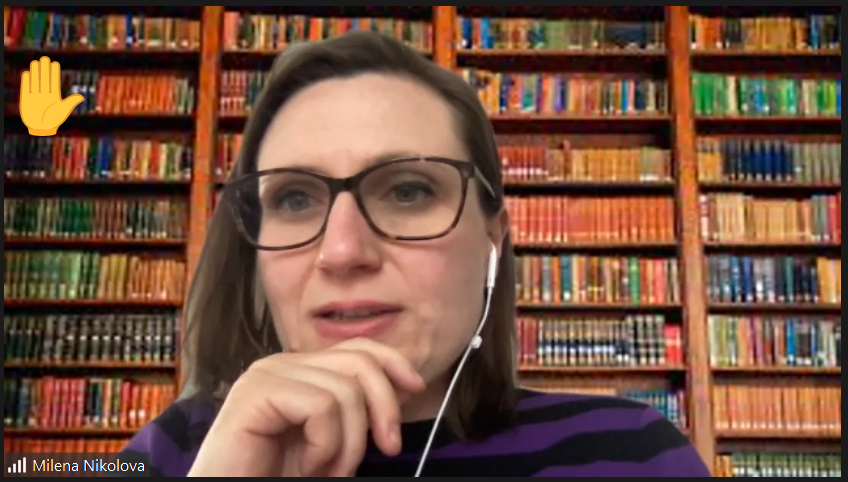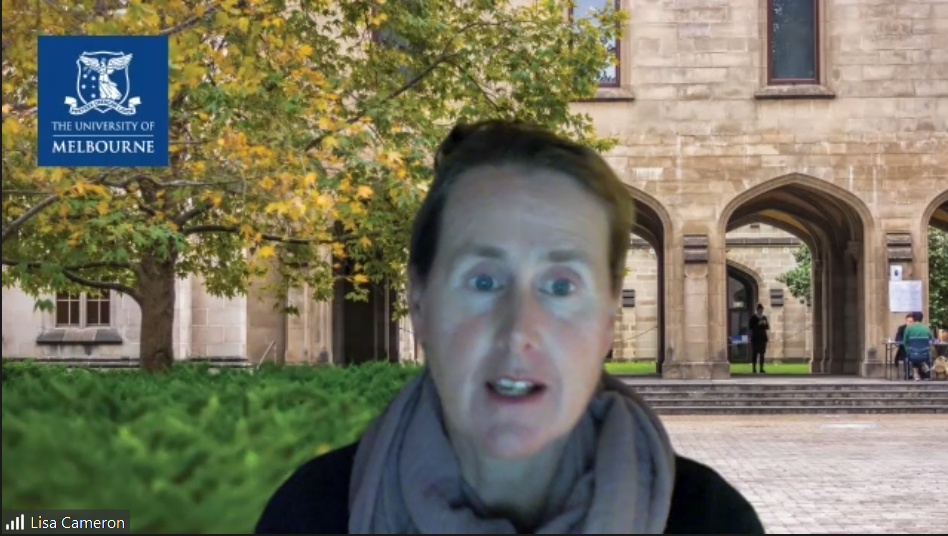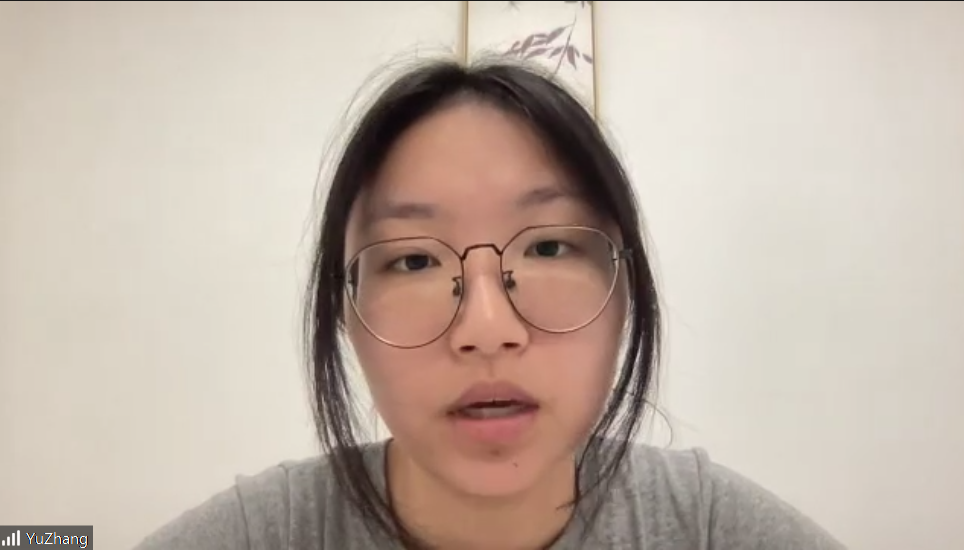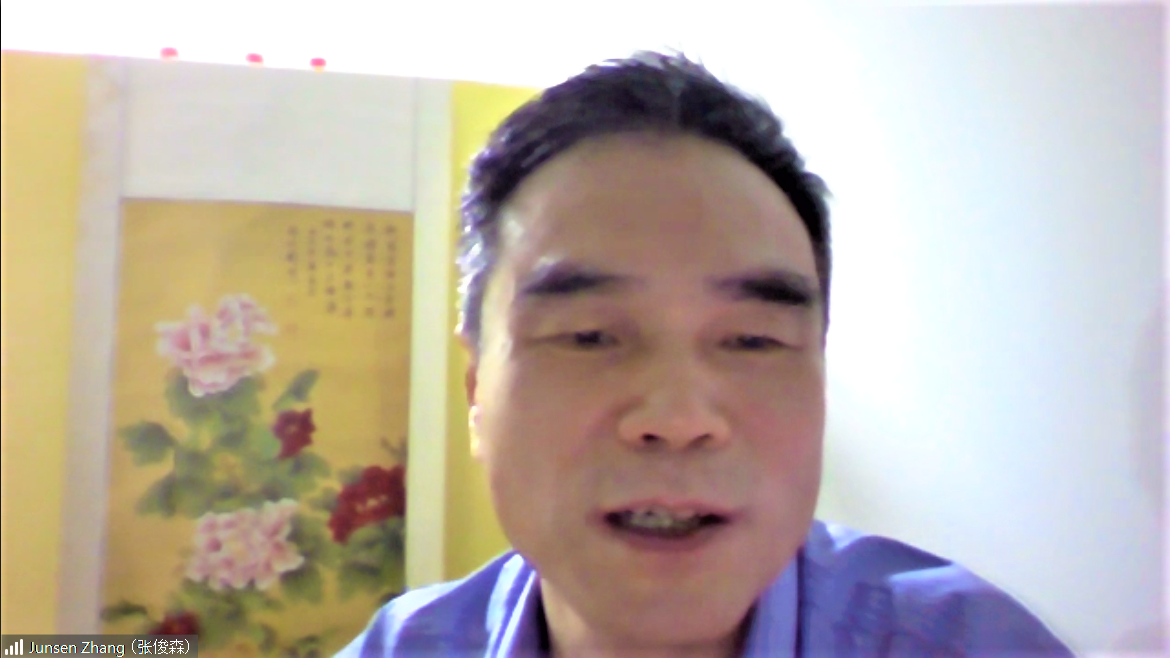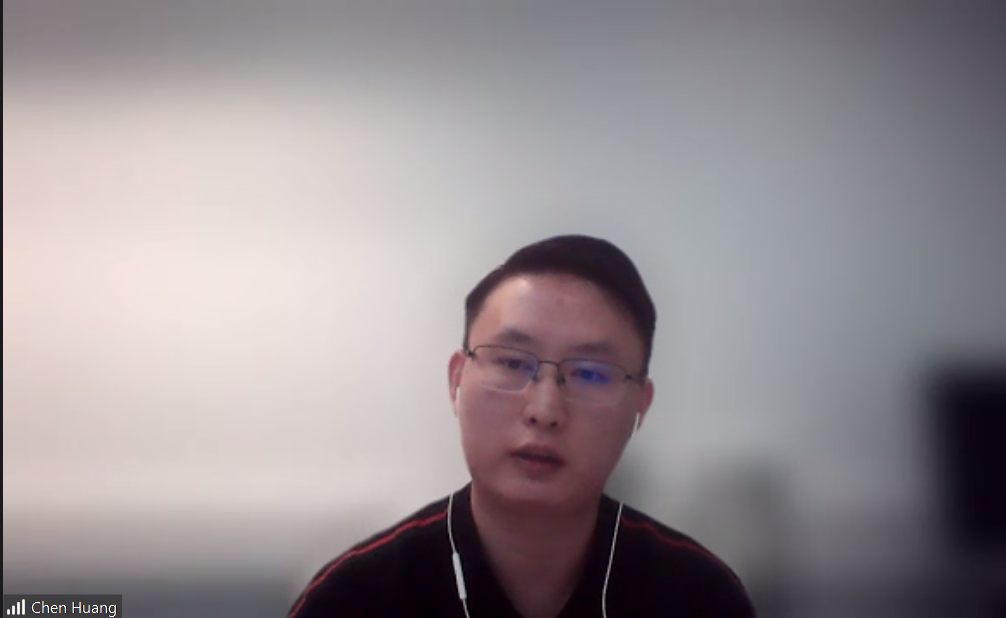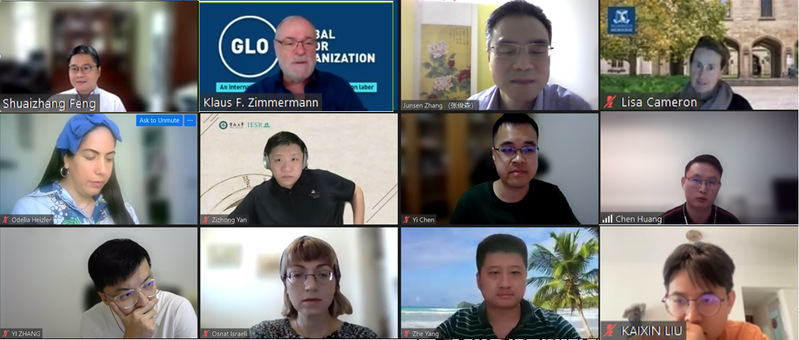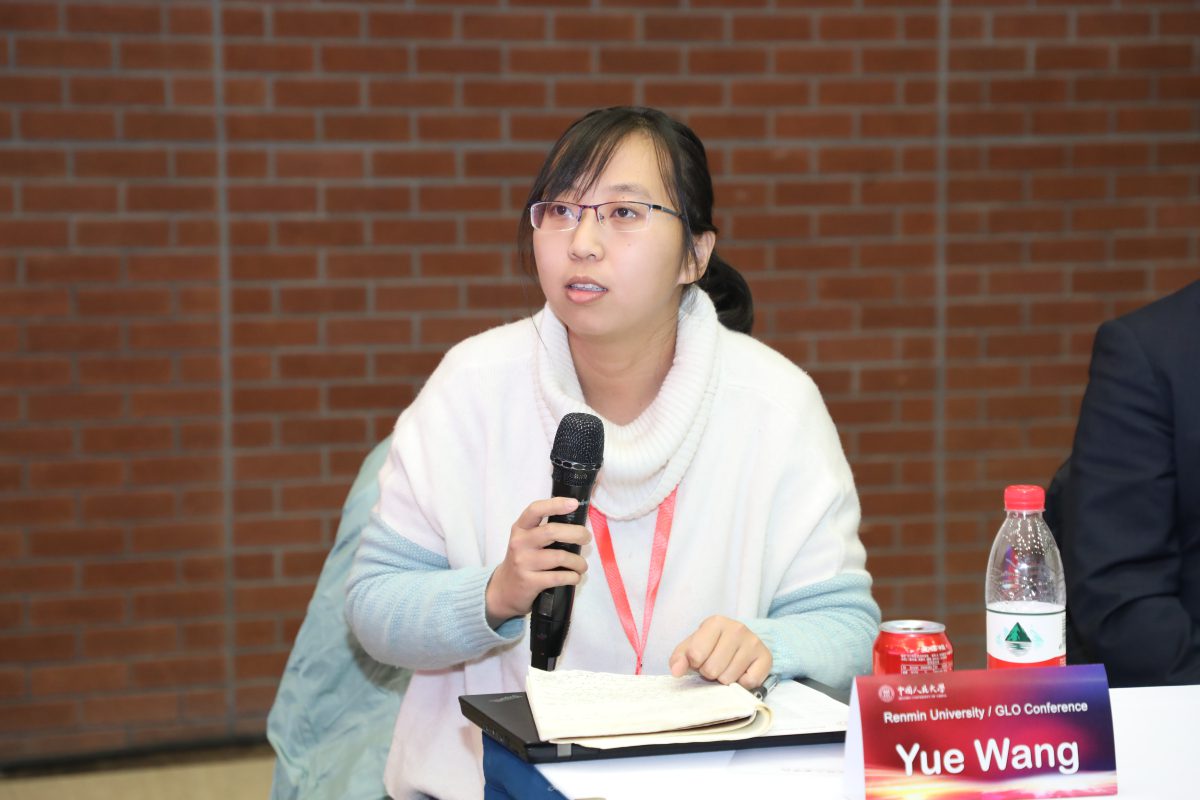42nd EBES Conference – Lisbon will take place on January 12th, 13th, and 14th, 2023 in Lisbon, Portugal. The conference will be hosted by the ISCTE-IUL Instituto Universitário de Lisboa with the support of the Istanbul Economic Research Association and organized in Hybrid Mode (online and in-person).
Interested researchers from around the world are cordially invited to submit their abstracts or papers for presentation consideration.
Deadline for Abstract Submission is November 11, 2022.
More details!
EBES Executive Board
Prof. Klaus F. Zimmermann, UNU-MERIT, Maastricht, and Free University Berlin
Prof. Jonathan Batten, University Utara Malaysia, Malaysia
Prof. Iftekhar Hasan, Fordham University, U.S.A.
Prof. Euston Quah, Nanyang Technological University, Singapore
Prof. John Rust, Georgetown University, U.S.A.
Prof. Dorothea Schäfer, German Institute for Economic Research DIW Berlin, Germany
Prof. Marco Vivarelli, Università Cattolica Del Sacro Cuore, Italy
Abstract/Paper Submission
Authors are invited to submit their abstracts or papers no later than November 11, 2022.
For submission, please visit https://ebesweb.org/42nd-ebes-lisbon/42nd-ebes-conference-lisbon-abstract-submission/
No submission fee is required.
General inquiries regarding the call for papers should be directed to ebes@ebesweb.org
Publication Opportunities
Qualified papers can be published in EBES journals (Eurasian Business Review and Eurasian Economic Review) or EBES proceedings books after a peer review process without any submission or publication fees. EBES journals (EABR and EAER) are published by Springer and both are indexed in the SCOPUS, EBSCO EconLit with Full Text, Google Scholar, ABS Academic Journal Quality Guide, CNKI, EBSCO Business Source, EBSCO Discovery Service, ProQuest International Bibliography of the Social Sciences (IBSS), OCLC WorldCat Discovery Service, ProQuest ABI/INFORM, ProQuest Business Premium Collection, ProQuest Central, ProQuest Turkey Database, ProQuest-ExLibris Primo, ProQuest-ExLibris Summon, Research Papers in Economics (RePEc), Institute of Scientific and Technical Information of China, Naver, SCImago, ABDC Journal Quality List, Cabell’s Directory, and Ulrich’s Periodicals Directory. In addition, while EAER is indexed in the Emerging Sources Citation Index (Clarivate Analytics), EABR is indexed in the Social Science Citation Index (SSCI) and Current Contents / Social & Behavioral Sciences.
Also, all accepted abstracts will be published electronically in the Conference Program and the Abstract Book (with an ISBN number). It will be distributed to all conference participants at the conference via USB. Although submitting full papers are not required, all the submitted full papers will also be included in the conference proceedings in a USB.
After the conference, participants will also have the opportunity to send their paper to be published (after a refereeing process managed by EBES) in the Springer’s series Eurasian Studies in Business and Economics (no submission and publication fees). This is indexed by Scopus. It will also be sent to Clarivate Analytics in order to be reviewed for coverage in the Conference Proceedings Citation Index – Social Science & Humanities (CPCI-SSH). Please note that the 10th, 11th, 12th, 13th, 14th, 15th, 16th, 17th, 18th, 19th, 20th (Vol. 2), 21st, 24th, and 25th EBES Conference Proceedings are accepted for inclusion in the Conference Proceedings Citation Index – Social Science & Humanities (CPCI-SSH). Other conference proceedings are in progress.
Important Dates
Conference Date: January 12-14, 2023
Abstract Submission Deadline: November 11, 2022
Reply-by: November 28, 2022*
Registration Deadline: December 19, 2022
Submission of the Virtual Presentation: December 20, 2022
Announcement of the Program: December 25, 2022
Paper Submission Deadline (Optional): December 20, 2022**
Paper Submission for the EBES journals: March 16, 2023
* The decision regarding the acceptance/rejection of each abstract/paper will be communicated with the corresponding author within a week of submission.
** Completed paper submission is optional. If you want to be considered for the Best Paper Award or your full paper to be included in the conference proceedings in the USB, after submitting your abstract before September 9, 2022, you must also submit your completed (full) paper by September 21, 2022.
Contact
Ugur Can, Director of EBES (ebes@ebesweb.org)
Ender Demir, Conference Coordinator of EBES (demir@ebesweb.org)
Conference LINK
Ends;



